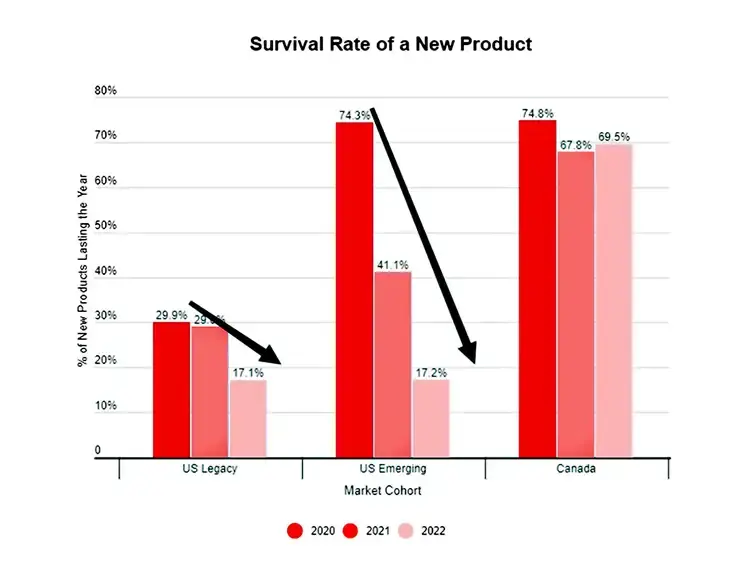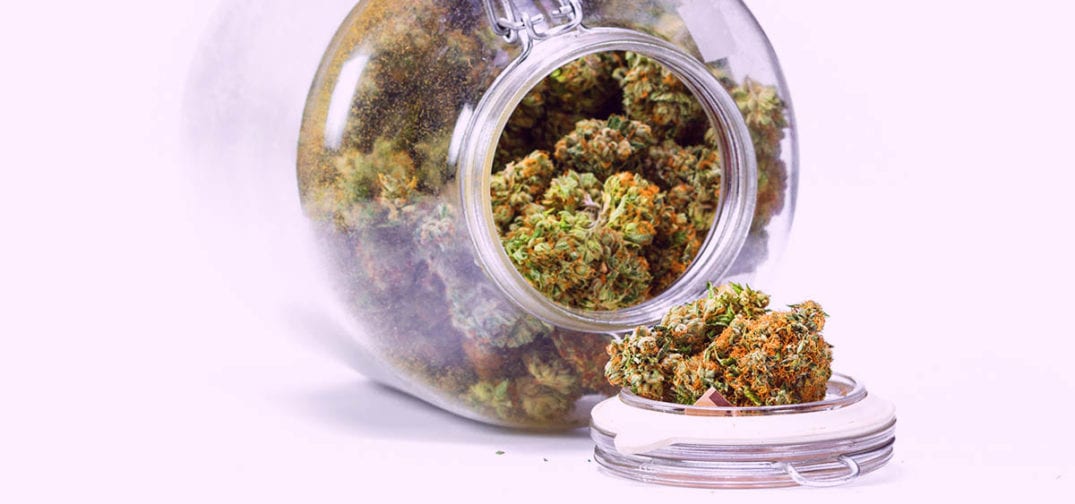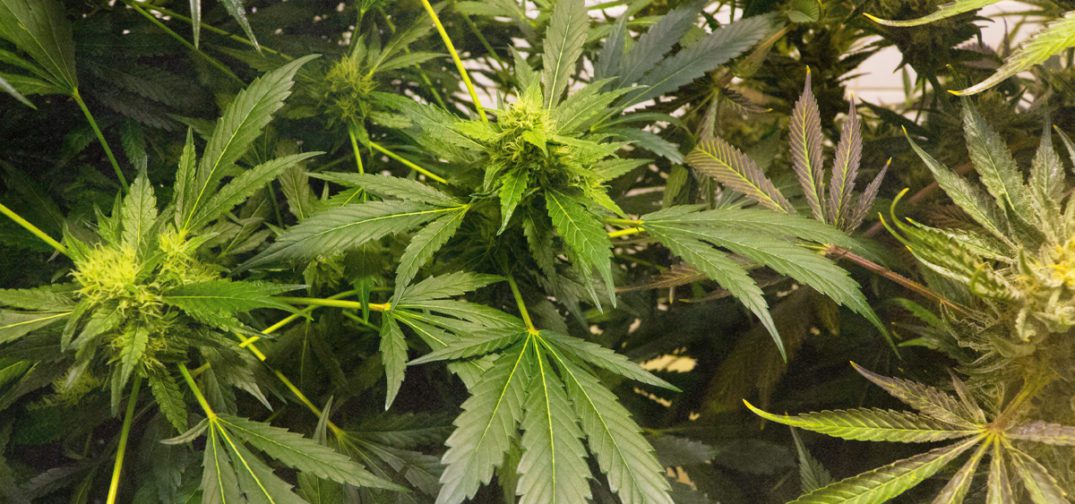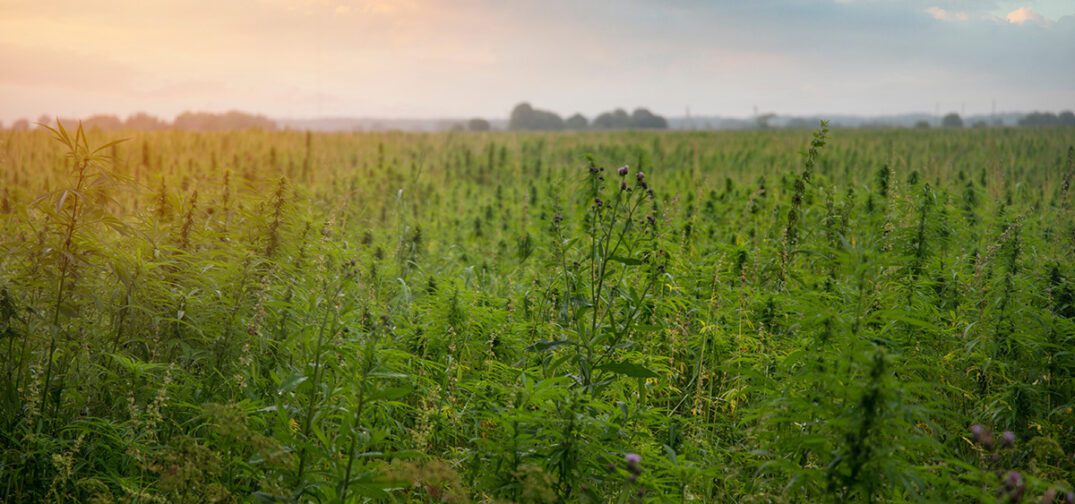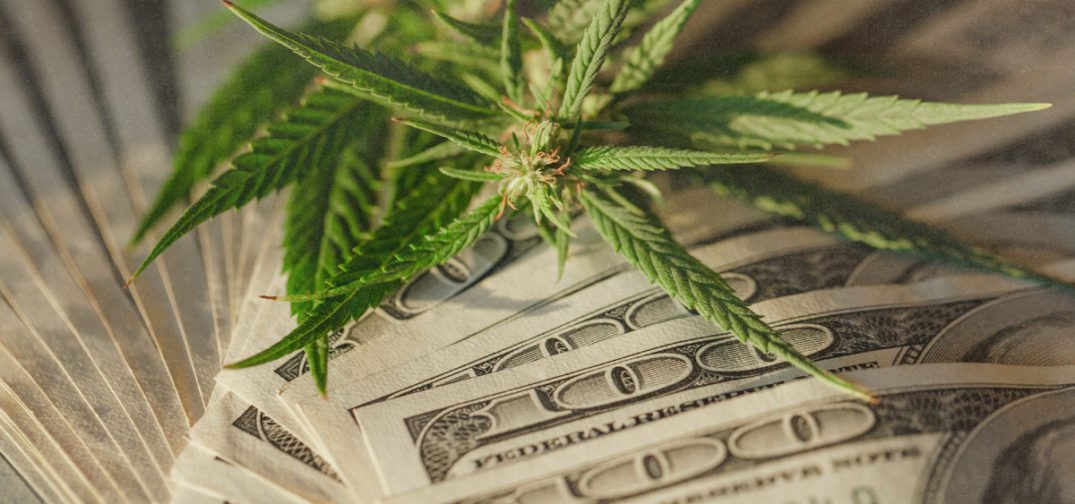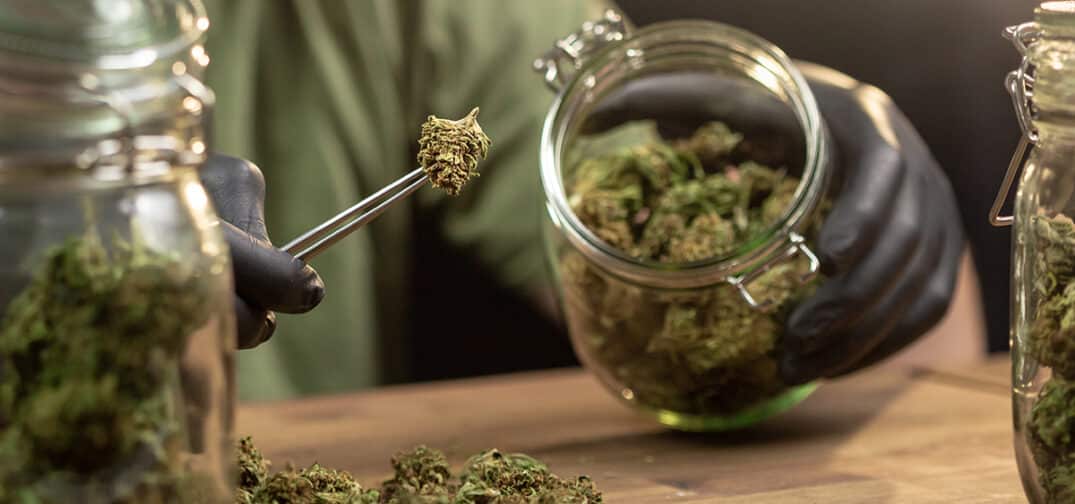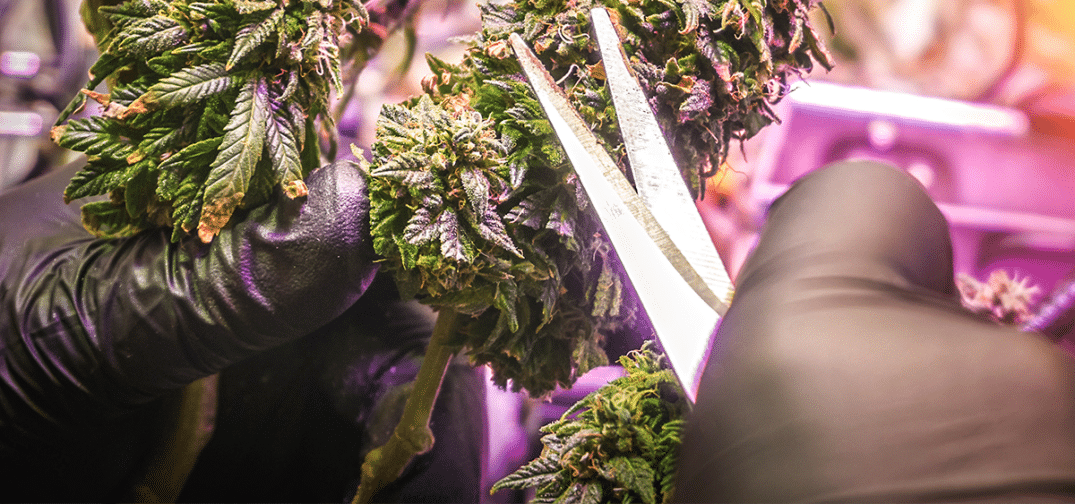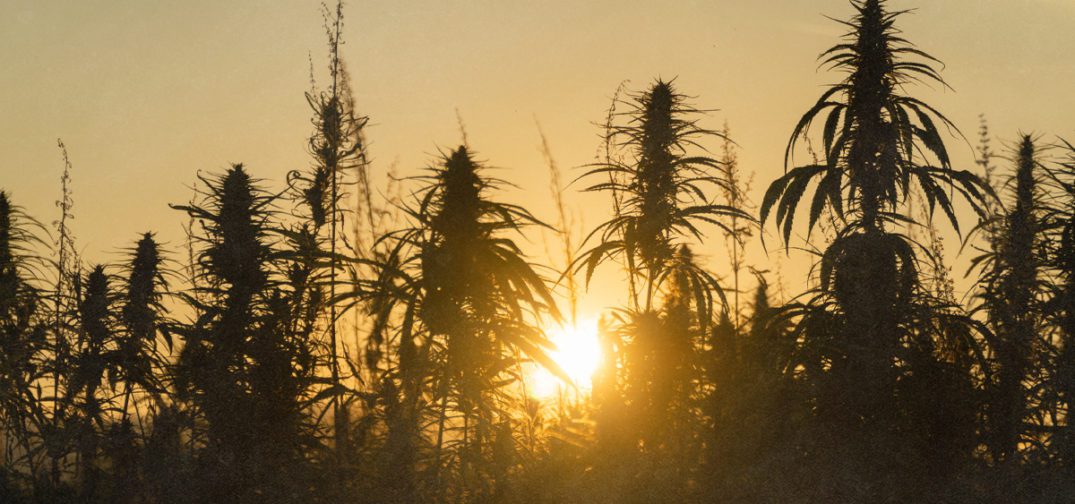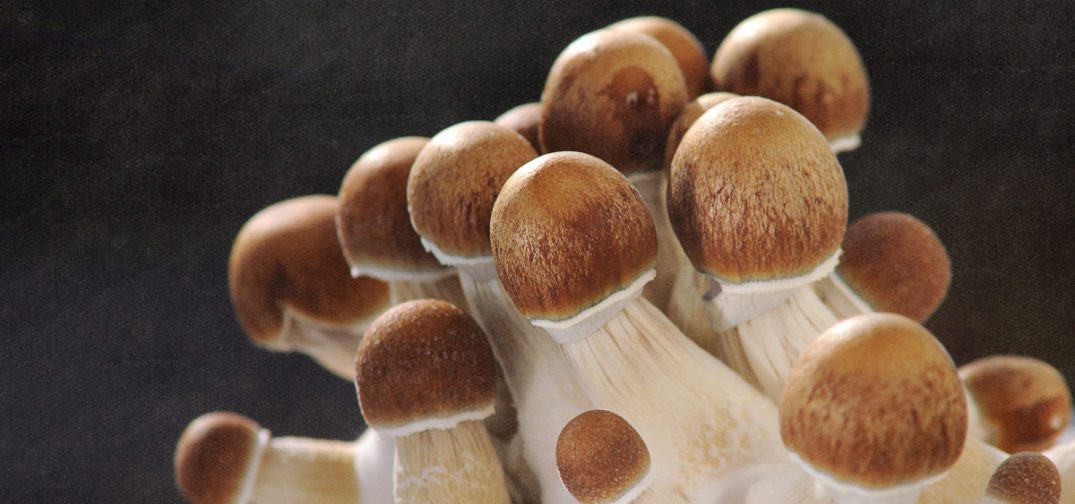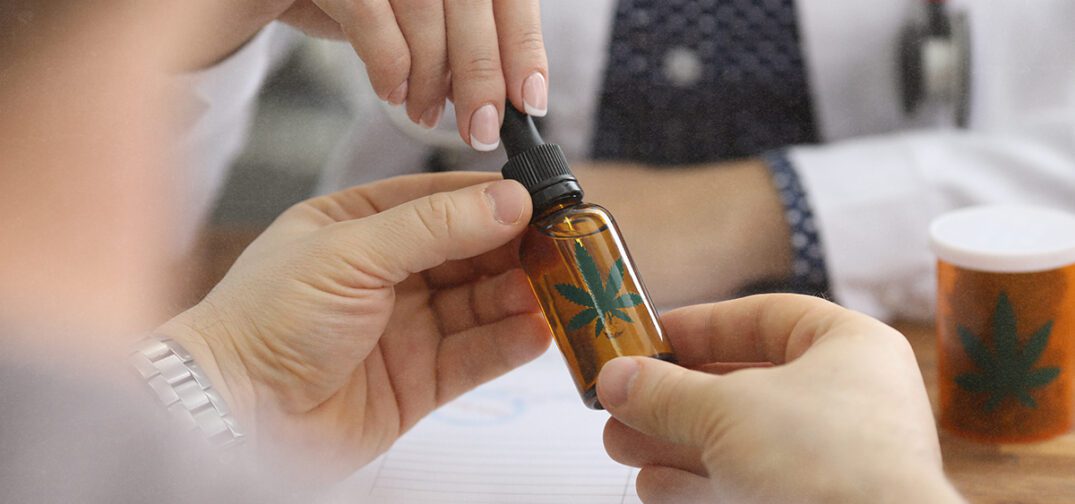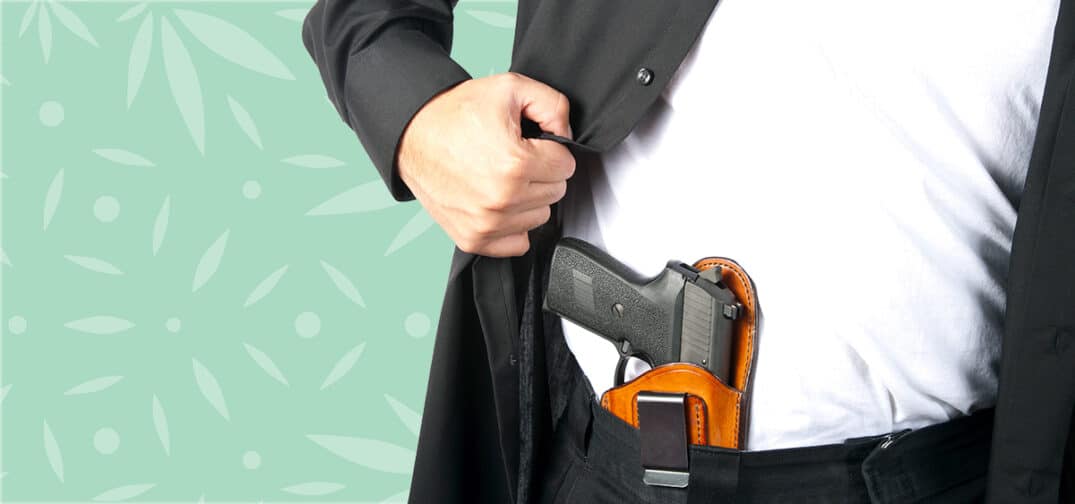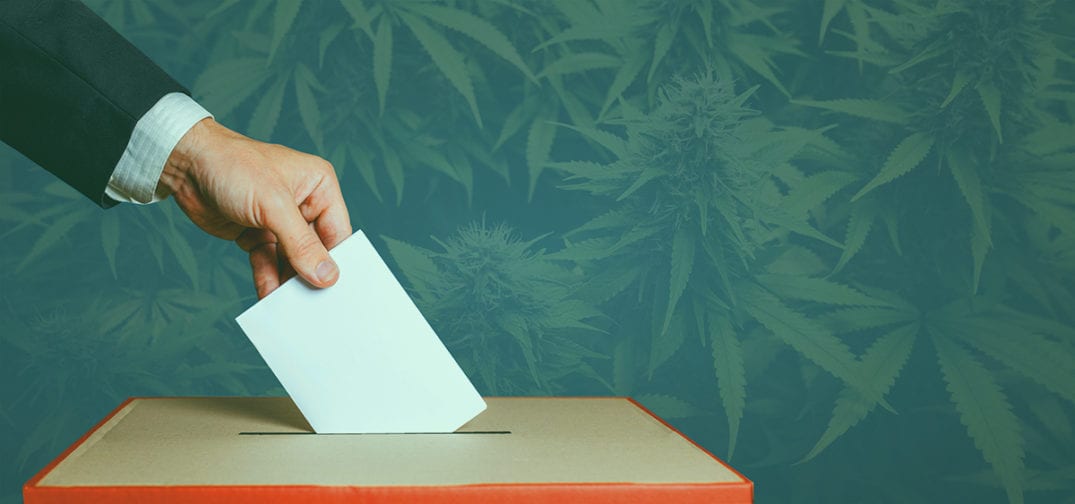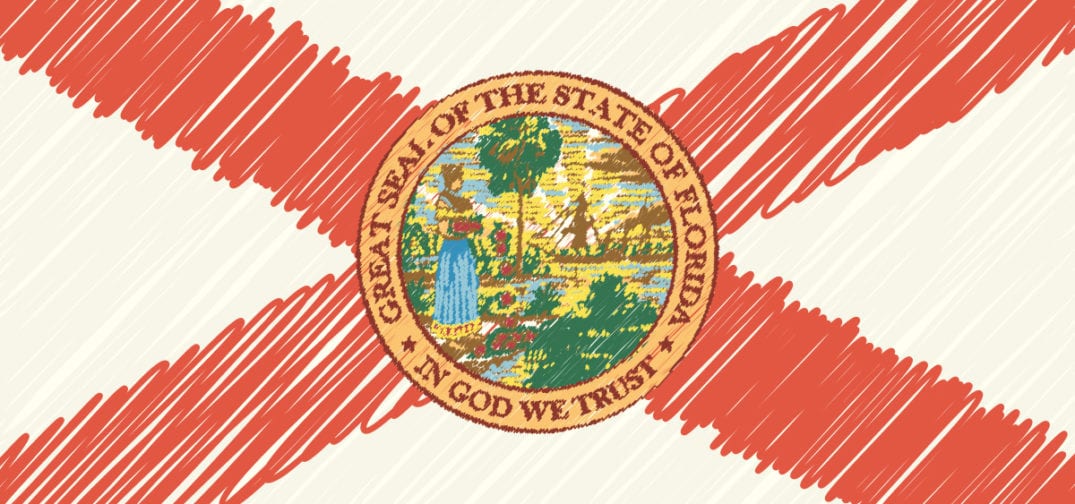Brunswick, ME – October 6, 2023 – Healer CBD, a leading provider of hemp wellness oils, capsules and topicals nationwide, today announced it launched a new line of full-spectrum functional gummies made from hemp featuring three distinct formulations that contain beneficial acidic cannabinoids not present in most gummies currently available.
Called Ease, Rest, and Vitality, Healer hemp gummies are rare because they contain the acidic cannabinoids CBDA and CBGA, which are known for their powerful pain relief, anti-inflammatory, immune-supporting, and neuroprotective properties. Recent studies show that cannabinoids in their original “unheated” acidic form have tremendous healing properties that act in tandem with and in contrast to their neutral counterparts.
The gummies were developed by Dr. Dustin Sulak, an osteopathic physician recognized globally by his peers as a pioneer of cannabis clinical applications, formulations, and dosage protocols. A leading expert on the therapeutic potential of cannabinoids, he is the author of the first foundational text on the clinical use of cannabinoid therapies, titled Handbook of Cannabis for Clinicians: Principles and Practice.
Each functional “acidic” gummy contains unique, consistent ratios of full-spectrum CBDA and CBGA along with their neutral (and better-known) counterparts CBD and CBG, plus other beneficial acidic and neutral minor cannabinoids extracted from specially selected organic hemp strains grown in Maine. Specifically:
- Ease lemon gummies (1:1 CBD:CBDA) are formulated to help people manage stress, worry and aches.
- Rest blueberry gummies (6:1 CBG:CBGA) are formulated to help people relax, fall asleep more easily, calm “fight or flight” feelings, and target nerve discomfort.
- Vitality tangerine gummies (1:1 CBDA:CBGA) are formulated to support the immune system, reduce aches and discomforts, and increase energy levels.
To maximize wellness, Healer gummies are non-impairing, vegan, gluten free and made with organic ingredients and all natural, plant-based flavorings and colorings. Each serving contains less than 3 grams of sugar and no corn syrup. These gummies contain 10 mg of cannabinoids and less than 0.3% THC in accordance with federal law.
To ensure consistency and consumer safety, every batch is third-party lab tested. A Certificate of Analysis (COA) verifying the product’s contents and the absence of heavy metals, pesticides, solvents and other biocontaminants is prominently available via QR code on the label. A companion Usage Guide & Response Tracker booklet accompanies each product.
“We devoted a lot of time and effort over the past year to ensure the taste and effects meet the standard of excellence that our customers depend on to improve their overall health and well-being,” said Bradley Feuer, Healer CBD co-founder and CEO. “The initial response through consumer testing has been tremendous in regards to the taste, effects and the quicker onset compared to other edibles.”
It appears these gummies are a game-changer for people who want the health benefits of cannabinoids without impairment, but prefer delicious gummies to conventional oil drops or capsules, he said.
Healer CBD Ease, Rest, and Vitality gummies are available now at HealerCBD.com and a growing number of retail outlets.
###
About Healer CBD
Healer is a trusted, physician-developed hemp brand and educational resource founded to help consumers and healthcare providers get the best results with safe, reliably dosable products and education on how to best use them. Healer’s educational content and distinctive product formulations are based on the latest science, clinical research and 13 years of clinical work by Dr. Dustin Sulak.
Healer CBD’s paradigm-shifting patented nano-filtration extraction process sets a new standard for maintaining the plant’s valuable components while removing harmful contaminants. To learn more visit https://healercbd.com/healer-spectrum/#our-process.
Healer Whole Plant Hemp products are available nationwide. For education on how to use hemp as medicine or information about Healer Hemp products, visit www.HealerCBD.com.
About Dr. Dustin Sulak
Dustin Sulak, DO is a co-founder of Healer CBD and the founder of Integr8 Health, a medical practice in Maine that follows over 8,000 patients using medical cannabis and hemp. His practice balances the principles of osteopathy, mind-body medicine and medical cannabis.
Regarded as an expert on medical cannabis, Dr. Sulak educates medical providers and patients on its clinical use, while continuing to explore the therapeutic potential of this ancient yet emerging medicine.
Globally recognized by his peers as a pioneer of clinical applications, formulations, and usage protocols, Dr. Sulak is the author of the first foundational text on the clinical use of cannabis and cannabinoid therapies, titled Handbook of Cannabis for Clinicians: Principles and Practice [https://wwnorton.com/books/9780393714180].
Dr. Sulak received undergraduate degrees in nutrition science and biology from Indiana University, a doctorate of osteopathy from the Arizona College of Osteopathic Medicine, and completed an internship at Maine-Dartmouth Family Medicine Residency.
End


